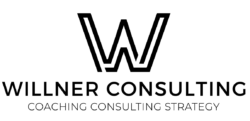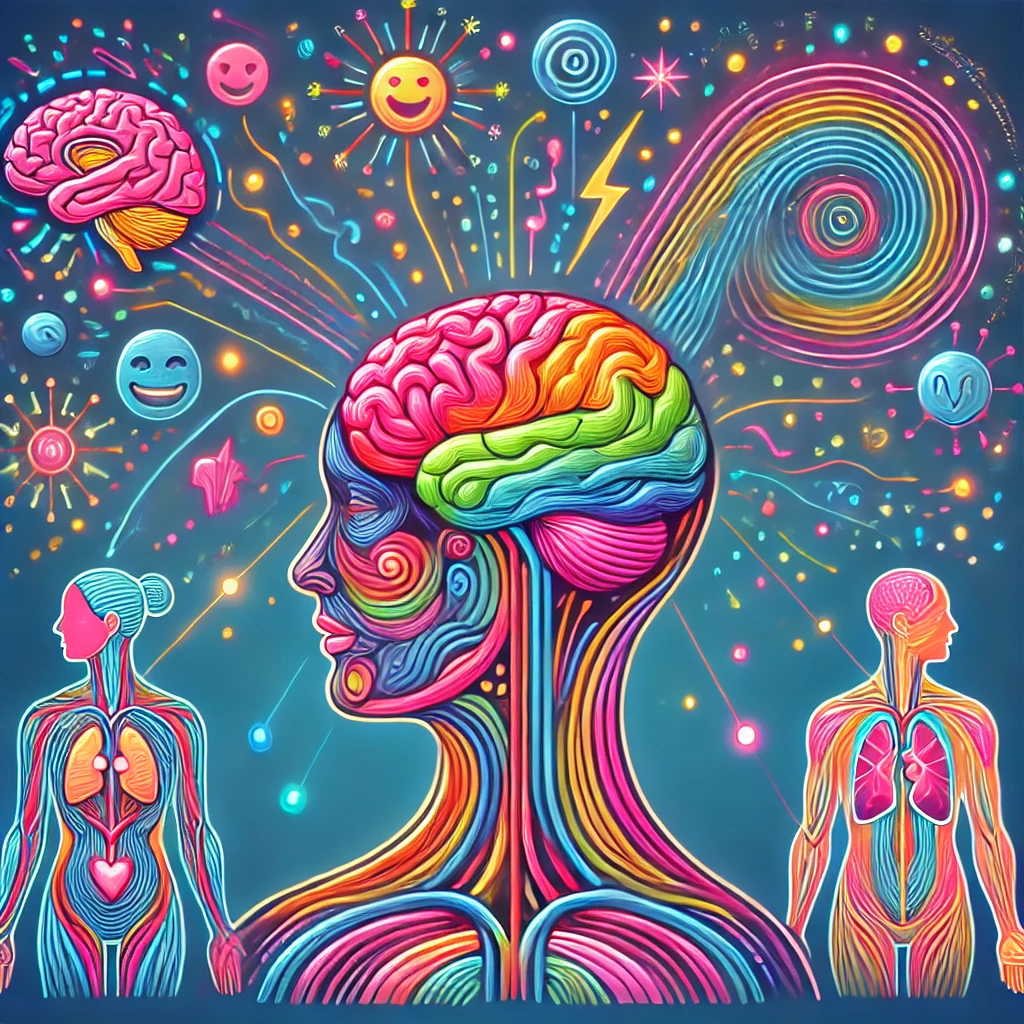As a woman navigating midlife – professionally, personally, and intellectually – I’ve found myself asking new and deeper questions about how we sustain ourselves in an increasingly complex, demanding world.
I’m a coach to others in transition. A (mature!) student of neuroscience. A daughter to a mother living with Alzheimer’s. And I’m part of a generation of professionals expected to not only live longer, but work longer, adapt faster, and stay cognitively and emotionally sharp through it all.
What I’ve learned is this: brain health is no longer a niche topic. It’s core to modern leadership, resilience, and long-term wellbeing.
It’s what led me to the work of these three brilliant neuroscientists; Lisa Feldman Barrett, Lisa Mosconi, and Wendy Suzuki, whose research is transforming how we understand emotion, aging, anxiety, and performance.
Let me introduce them and share why their work matters so deeply to the lives we’re all trying to lead.
1. Lisa Feldman Barrett: Emotions Are Built, Not Born
Lisa Feldman Barrett is a cognitive neuroscientist best known for her Theory of Constructed Emotion – a radical departure from the traditional belief that emotions are hardwired and universal.
Her central idea? Emotions are not fixed reactions. They are built by the brain, based on past experience, prediction, and context.
“Your brain is not reactive. It’s predictive.”
– Lisa Feldman Barrett
This is more than theory. As a coach, I see firsthand how understanding the constructed nature of emotion gives my clients agency. You can reframe your anger, manage your anxiety, and shift your story – not by suppressing feelings, but by understanding how they’re made.
📚 Recommended Read: How Emotions Are Made, Seven and a half Lessons about the Brain
2. Lisa Mosconi: Women’s Brains Age Differently — and Deserve Better Care
Dr. Lisa Mosconi is a neuroscientist specializing in the female brain and Alzheimer’s prevention. Her research connects brain scans, hormones, and nutrition to reveal something long overlooked:
Women’s brains undergo visible, measurable changes during perimenopause and menopause – and these changes can be early indicators of future cognitive risk.
As the daughter of a woman with Alzheimer’s, this hit home. As a midlife woman myself, it felt urgent. And as a coach, I now see how few women have access to this kind of knowledge, or understand the power of lifestyle, diet, and hormones in protecting brain health.
“The female brain is not just a smaller male brain. It has its own biology, trajectory, and needs.”
-Dr. Lisa Mosconi
📚 Recommended Read: The XX Brain, Brain Food
3. Wendy Suzuki: Move Your Body, Change Your Brain
Wendy Suzuki is known for her uplifting, accessible approach to neuroscience – especially how exercise, movement, and emotion impact brain function.
Her key message is empowering: Movement is medicine for the mind. A brisk walk or a 10-minute workout can improve your focus, boost your mood, and build long-term cognitive resilience.
She’s also the author of Good Anxiety, where she reframes anxiety not as something to fight, but as a powerful signal. When understood and channeled, anxiety can enhance motivation, creativity, and empathy.
“Anxiety is not the enemy – it’s your brain’s way of trying to protect you. Learn to listen to it, not silence it.”
– Wendy Suzuki
📚 Recommended Read: Good Anxiety, Healthy Brain, Happy Life
Why This Matters Now
For those of us in midlife -especially women – this isn’t just intellectually interesting. It’s deeply practical. And crucial.
We are often balancing caregiving and careers. Reinventing our identities. Navigating invisible hormonal shifts. Facing emotional loads that feel heavier with age.
The science of the brain gives us language, tools, and hope.
It teaches us that:
- Our emotions are not out of our control – they’re adaptable.
- Our brains are not doomed to decline – they’re plastic.
- Our anxiety is not weakness -it’s data.
And perhaps most importantly, we’re not alone in this experience. There’s research, wisdom, and community to support how we age, lead, and thrive.
Final Thought: Knowledge as Empowerment
Discovering these neuroscientists has helped me support my clients with deeper tools and support myself with more compassion. Their work brings clarity where there’s often confusion, and strength where there’s often silent struggle.
If you’re in midlife, coaching others, caring for aging parents, or simply curious about the future of your brain; this is your invitation to explore, learn, and lead differently.
Have you read any of their books? Are you using neuroscience to shape how you work or live? I’d love to hear what’s resonating with you.
💡 Resources:
- How Emotions Are Made – Lisa Feldman Barrett
- The XX Brain – Lisa Mosconi
- Good Anxiety – Wendy Suzuki
- My own coaching work for professionals navigating midlife and transitions



